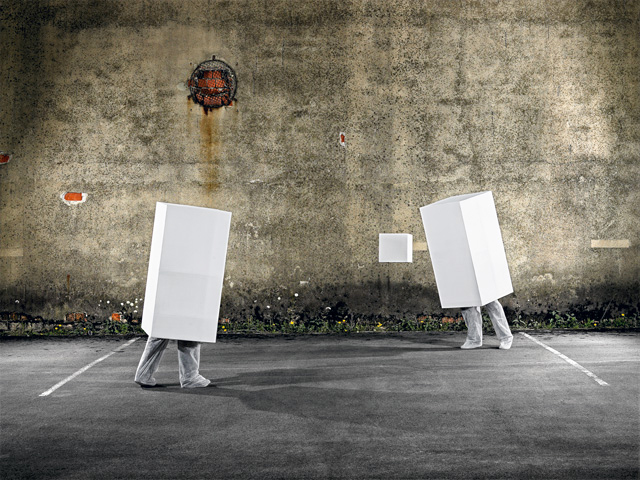From Kotaku:
Sega’s core Sonic target, in fact, isn’t those who grew up with Sonic. It’s those who are growing up now. “It very much is in that under 12 group,” [Sega West head Mike] Hayes said. “And what we have to do is make a Sonic that is of a quality that delights that audience, first and foremost. I’d argue that we very much achieved that with products like Sonic Heroes on PS2, and I think we did that with Mario and Sonic 1 on Wii and DS. I think we did it some ways with Sonic and the Secret Rings on Wii. I think [the Wii’s Sonic and the] Black Knight was a good game.”
Many gamers in the very valuable over 12 market still have fond memories, and Sega has treated that group, mainly owners of the Xbox 360 and PS3, with shoddy product that doesn’t move the needle with the core audience. But does it matter if it still sells?
Hayes is less satisfied with Sega’s execution of those Sonic games that have been on the more powerful Xbox 360 and PS3 platforms. “I think we’ve had challenges with [the 2006] Sonic the Hedgehog and Unleashed,” he said. “[The 2006 game] Sonic the Hedgehog sells extremely well at a budget price. So clearly it’s very popular with a young audience. But first and foremost is: We’ve got to make a quality game for that audience. […] Then we’ve got our core fans, and what we need to do is now and then produce a Sonic that will appeal to those fans specifically. “
Sega’s lesson is currently meted out by Sonic sales figures; the hardcore doesn t matter much because, no matter what, Sonic still sells.
The bottom line fact of the matter is, where as Sonic may sell well thanks to the under 12 demographic, Mario is still a blockbuster hit no matter what, for any demographic. Sonic used to be as big or even bigger than Mario, and Sega has lost track of the magic that would appeal to all types of gamers. Has Sega given up the broader fight?
Hayes and the rest of Sega want to make the old-time Sonic fans happy. They just need those fans to not expect their Sonic in every Sonic game. So the plan […] is to make core Sonic games pretty much every other year, “character derivative” games between those and, on occasion, off-shoots that involve Sonic doing new physical activities such as playing tennis, skateboarding (as in Sonic Riders), or racing cars, as in the upcoming Sonic and Sega All-Stars Racing.
You don’t think the core consumer wants another Sonic tennis game, do they?
[more on Kotaku]

